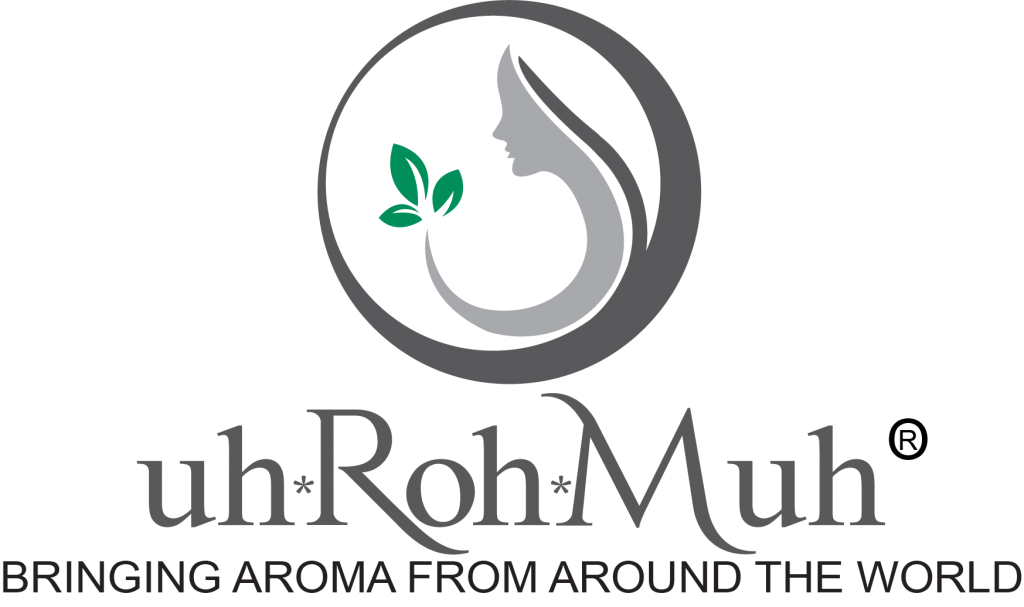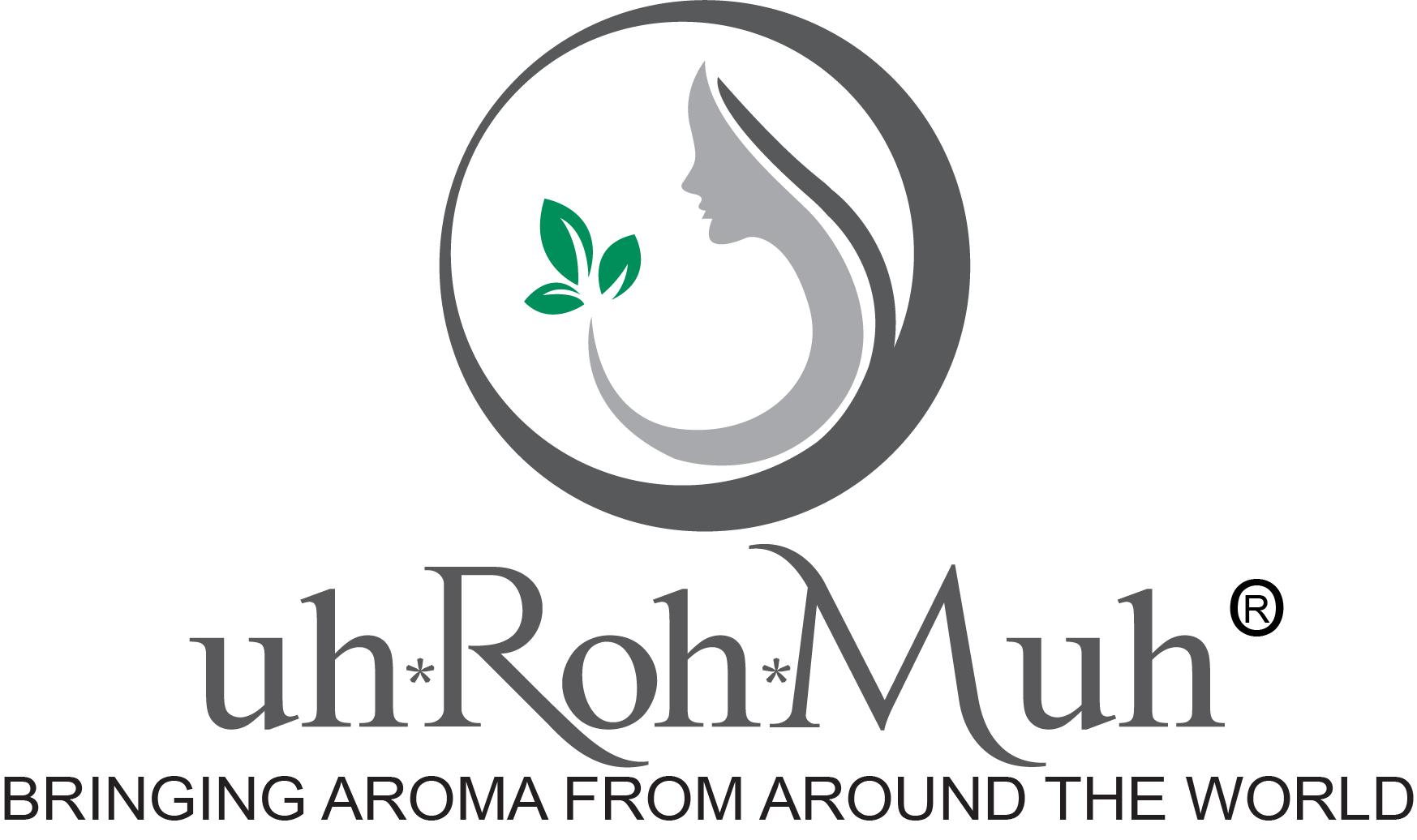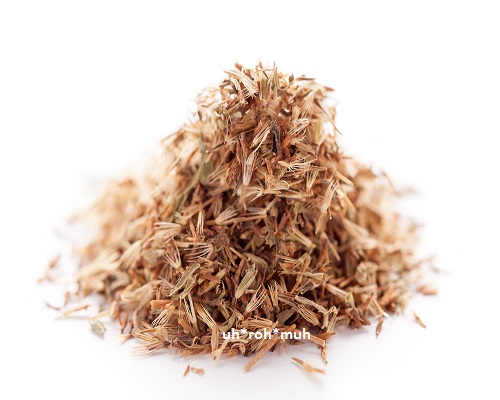Palmarosa Essential Oil
Palmarosa essential oil is steam distilled from a dried grass, whose botanical name is cybopogon martini. Indigenous to India, Turkey, Nepal and Pakistan, it is also known as East Indian or Turkish geranium, and sometimes Indian Rasha or motia. It resembles lemongrass, and also citronella in appearance, and it too has a slightly lemony aroma, although its chemical constituents are quite different, prompting a unique therapeutic profile. When crushed between the hands, the grass releases a rose-like aroma. India is by far the largest single producer of palmarosa, though it is also cultivated in the sandy soils of Africa, Brazil, Indonesia, Madagascar and the Seychelles. The oil is pale straw-yellow or olive colored in appearance, and releases a distinctively sweet, rose or geranium floral aroma with spicy, fruity and slightly woody aspects, coming together to form a medium-strength middle fragrance note. The primary chemical components include linalool, limonene, myrcene, geraniol, geranyl acetate, and dipentene, with geraniol comprising about 80% of its volume. Geraniol has the ability to repair damaged DNA through its ability to regenerate and stimulate cell growth. Known best for its hydrating properties, it is an excellent addition to skin preparations and healing compounds.
Palmarosa essential oil in history
Palmarosa essential oil has been used in Ayurveda (Indian medicine) treatment for centuries, where it is used to reduce fever, prevent infection, and speed the healing process. It is often added to dishes in India and parts of Africa to kill bacteria in food as well as aid in digestion of fatty ingredients. As it is fairly plentiful and inexpensive, the Turks used it to adulterate their most expensive fragrances with palmarosa (most specifically Rose Otto oil), and would occasionally sell it outright as rose oil. Many companies still attempt to do this today, so it is always a good idea to be sure of the source from which you are purchasing. The ancient Egyptians used palmarosa as incense, specifically in the temples of the initiates. This could be due to the fact that palmarosa helps to open the heart chakra, releasing emotions and chasing away fear and self-doubt. Other interesting uses for palmarosa essential oil is as a flavoring for tobacco, though it is most often found in skin preparations.
Palmarosa oil uses
Fever reducer: cools and soothes the entire system, and due to its anti-viral properties can be helpful in reducing fever by eliminating infection.
Antiseptic: kills blood-borne, airborne and food-borne bacteria on contact.
Hydrating: helps the skin to retain moisture, and restores moisture balance in the body, which can relieve surface and internal inflammation.
General skin care: balances sebum production to help retain a supple texture. Repairs skin cracking, and can be used as a treatment for acne, psoriasis, eczema, skin rashes such as contact dermatitis, and other minor skin infections.
Reduces the appearance of scar tissue: hydrates, reduces inflammation, and evens out skin tone to help fade scars such as stretch marks, surgical scars, or wounds.
Disinfectant/antiseptic: kills bacterial infections such as staph that can lead to serious systemic disease.
Anti-bacterial: cures internal bacterial infections. Inhibits the growth of new bacteria while killing what is already present on the skin, and also in the urinary and digestive tract.
Anti-viral/anti-fungal: inhibits viral growth, and is effective in treating surface fungal infections such as ringworm, athlete’s foot and more.
Skin care: stimulates new growth and regenerates skin cells, repairing skin damage due to aging, injury or other factors.
Immune boosting: strengthens the immune system by promoting the growth of defensive cells in the body.
Calming: provides an instantly peaceful and calming effect, which can help you to manage stress more effectively.
Mood lifter: provides an uplifting effect, combating stress and nervous exhaustion.
Digestive: stimulates the secretion of digestive enzymes, which helps to digest food more efficiently. Also aids in the absorption of nutrients from food, which can lead to better overall health.
Bruising: helps to lessen the healing time, and reduces the appearance of skin bruising.
Pain relief: relieves sore, stiff and aching muscles from overuse or over-exertion as well as arthritis, and rheumatism.
Cosmetics/perfumery: has been used for centuries as a fixative for perfumes, as well as scent for soaps, lotions, and other cosmetic preparations.
Contraindications
Though palmarosa essential oil is generally regarded as non-toxic, non-irritating, non-sensitizing, and safe for consumption, it is always recommended not to take any essential oil internally unless you are under the direct supervision of a qualified practitioner. It should also be noted that less reputable producers may adulterate the oil with cedar or turpentine, which can indeed cause problems for many. Always heed recommended dilution factors and test on a small area of insensitive skin before applying liberally. Palmarosa essential oil is not recommended for use on children under the age of six and should be used with caution on animals, especially cats, who could be highly allergic to any potential adulterants.
Disclaimer
These statements have not been evaluated by the Food and Drug Administration. This product is not intended to diagnose, treat, cure or prevent any disease. If you are pregnant, nursing, taking medication, or have a medical condition, consult your physician before using this product.




You must be logged in to post a comment.